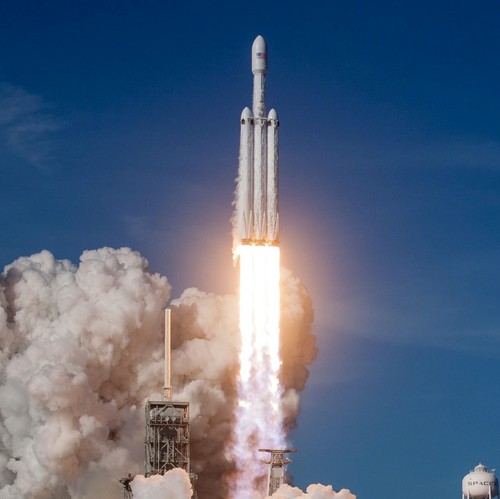Elon Musk's aerospace company stokes further the red-hot small satellite market by ferrying government and commercial spacecraft into orbit.

Elon Musk, who took over the mantle of the world's richest man from Jeff Bezos a week or two ago, has successfully branched out the operations of SpaceX, the aerospace company which he founded and controls.
On January 24, using the reusable Falcon 9 rocket booster, SpaceX – as part of its first dedicated "SmallSat Rideshare Program" mission – launched 133 commercial and government spacecraft (including CubeSats, microsats and orbital transfer vehicles).
Musk said there was a "wide range" of customers for the first mission, and that the program provided "low-cost access to orbit for small companies."
The Falcon 9 payload also included ten more satellites for Starlink, SpaceX's satellite broadband business primarily targeted at filling coverage gaps in rural areas.
Starlink gazing
SpaceX claimed the launch was the most spacecraft ever deployed on a single mission, but it still means that the Starlink constellation "only" has around 800 low-earth orbit small satellites.
Want to know more about 5G? Check out our dedicated 5G content channel here on Light Reading.
Although a sizable amount, there's plenty of regulatory room for additions. The company has secured licensing from authorities to launch more than 12,000 satellites.
Helping to keep costs down, both for Starlink and the "SmallSat Rideshare Program," the reusable Falcon 9 is designed to launch ten times with the same first-stage booster. Add in refurbishment along the way and there's talk that it could be used up to a hundred times – all of which helps satellite broadband economics.
Money, money, money
In a new funding round last August, SpaceX raised more than $1.9 billion. Seventy-five investors apparently participated. According to Bloomberg at the time, the latest investment valued the company at $46 billion, propelling it upwards as one of most valuable venture-backed US companies.
Aside from Starlink, SpaceX has other irons in the fire, including space tourism and an ambitious project to carry people to Mars.
— Ken Wieland, contributing editor, special to Light Reading
Read more about:
EuropeAbout the Author(s)
You May Also Like











